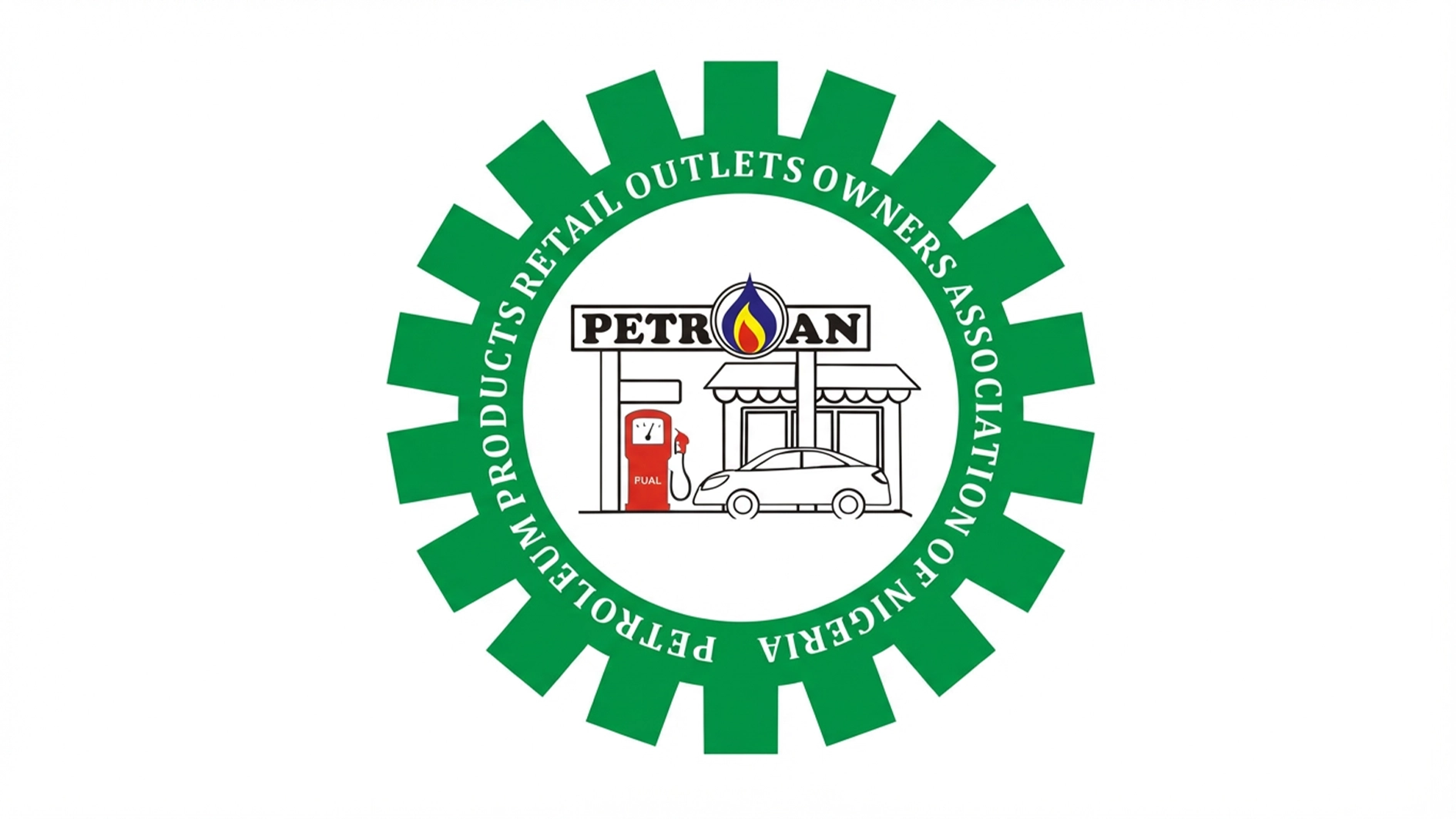Africa’s oil sector is entering a defining decade with landmark refineries under construction and about $100 billion in investments at stake. Still, the continent faces an important choice of remaining dependent on imports or building resilient refining capacity to secure its energy future,
Africa is on the verge of a petroleum refining revolution. According to the newly-released 2025 Organisation of Petroleum Exporting Countries (World Oil Outlook, the continent is projected to add 1.2 million barrels per day of oil refining capacity by 2030, marking it one of the fastest downstream expansions globally. The transformation is driven largely by projects in Nigeria, Angola and Uganda, signalling a potential turning point in Africa’s quest for energy sovereignty.
At the forefront is Nigeria’s much-celebrated 650,000-barrel-per-day Dangote Petroleum Refinery, which began operations last year. Its commissioning was widely hailed as a game-changer for West Africa’s fuel security. And it has already begun to reshape regional trade dynamics. Alongside, the 200,000-barrel-per-day Akwa Ibom Refinery by BUA Group is under development, positioning Nigeria as the anchor of the continent’s downstream expansion. Angola, which was long an exporter of crude but dependent on imports for refined products, is racing to complete the 200,000-barrel-per-day Lobito Refinery and the 100,000-barrel-per-day Soyo Refinery by 2030.
Meanwhile, Uganda is pushing ahead with a 60,000-barrel-per-day refinery in Hoima, linked to the Lake Albert basin development. Smaller, modular projects are also emerging across Ghana, Guinea-Conakry, the Republic of Congo and additional sites in Nigeria. While the scale is modest, they represent a flexible approach in markets where infrastructure and financing remain major hurdles.
In North Africa, Algeria’s Hassi Messaoud, Libya’s Ubari and Egypt’s Soukhna refineries are moving forward with the twin aims of securing domestic supply and capturing higher downstream margins.
According to OPEC, Africa requires more than $40 billion in refining investments by 2030, with an additional $60 billion needed beyond 2030 for upgrades, secondary processing units and new projects. In total, this opens a $100 billion investment window over the next quarter-century. For project developers, sovereign wealth funds and energy-focused private equity, Africa is emerging as a frontier of opportunity, particularly as 86 per cent of global refinery additions by 2050 are expected to come from Asia-Pacific, the Middle East and Africa.
As countries seek to reduce their dependence on costly fuel imports, the continent is becoming a marketplace where capital meets opportunity with policy frameworks fine-tuned to attract funding.
Africa’s domestic consumption of crude oil is forecast to rise sharply, from 1.8 million barrels per day in 2024 to 4.5 million barrels by 2050. The surge will reduce crude exports by more than one million barrels per day over the same period, showing a structural adjustment towards internal value chains.
If realised, this trend would not only transform Africa’s energy balance but also alter global trade flows, particularly for European refiners who currently rely on African crude.
Yet, the road to energy self-sufficiency is not without contradictions. Nigeria, the continent’s biggest crude producer and refining hopeful, offers an example. Over the past 18 years, successive administrations have issued at least 62 refinery licences, which, on paper, translate to more than 2.3 million barrels per day of refining capacity. This is nearly one million barrels above the country’s current daily crude production. The implication is that unless Nigeria significantly raises production, new refineries may be forced either to scale down or to import crude. This is an ironic reversal for a country so richly endowed with reserves.
Some projects already accentuate this tension. Dangote Refinery has been importing crude to sustain operations, and other investors may follow suit if domestic output stagnates.
The fact that Nigeria has struggled to increase production remains worrisome. Reportedly, Nigeria’s historical peak oil production was about 2.5 million barrels per day, which was achieved around 2005, two decades ago. The goals to either increase oil production or reserves have remained a mirage.
Existing refining capacity includes Dangote’s 650,000-barrel plant, BUA Refinery at 200,000 barrels per day and the Nigerian National Petroleum Company Limited’s 445,000-barrel refineries under rehabilitation. Smaller facilities such as OPAC, Waltersmith, Aradel and Edo refineries contribute around 27,000 barrels per day. New licences, including those awarded to Ogini Refinery Limited, Excel Exploration, NPDC/ND Western JV, Eghudu Refinery and Kingdom Global Trading, remain at various stages of planning.
Adding to the prospect, Backbone Infrastructure Nigeria Limited recently announced a $15 billion refinery and free trade zone in Ondo State, which could boost national capacity by an additional 500,000 barrels per day. While these plans position Nigeria as a potential refining hub, they also risk transforming it into a net importer of crude oil – undermining the logic of self-sufficiency.
Despite the optimism, experts warn of persistent risks. The African Refiners and Distributors Association has repeatedly highlighted that the continent requires $15 billion just to upgrade existing refineries to produce modern fuels at 50 ppm sulphur standards. Without this, Africa risks trading the challenge of dependency on imports for another – outdated refining assets that cannot meet evolving fuel specifications.
Currently, fuel specifications across Africa are uneven, ranging from 1000 ppm to 50ppm. This is a serious setback for regional partnerships like the African Continental Free Trade Area (AfCFTA) and discouragement for refiners, especially those with desulfurisation units.
Moreover, the fragility of Africa’s refining push was exposed recently when S&P Global reported a surge in gasoline imports into West Africa following a temporary outage at the Dangote Refinery. Over the past 30 days, nearly one million tonnes of gasoline were shipped from Northwest Europe and the Mediterranean to West African markets, with 65 per cent landing in Lomé, Togo. This setback shows that, while capacity is growing, operational reliability remains uncertain.
Most refineries on the continent are functioning below their capacity or are outrightly dormant. The case of Nigeria’s 445,000 state-owned refineries is a good example. With over $2.4 billion spent in the last attempt to revamp, the assets have been in crisis.
Poor asset management, especially by public institutions, endemic corruption, poor pipeline infrastructure and other distribution infrastructure, including port facilities as well as safety crises, remained across the continent in the face of weak regulatory frameworks to protect the market and the end-users.
Earlier this month, the Executive Secretary of ARDA, Anibor Kragha, set out a vision for avoiding the kind of economic paralysis that a sudden halt in fuel imports could trigger.
He argued that ARDA alongside the Africa Union is leading a continental strategy focused on upgrading and scaling refining capacity through resilient, commercially viable projects, harmonising fuel specifications and regulations to unlock intra-African trade, attracting investment through transparent, bankable projects and risk mitigation frameworks, developing infrastructure such as pipelines, depots, storage terminals, LPG bottling plants and logistics networks and building human capital in regulation, engineering, finance and operations.
One flagship initiative is the expansion of access to clean LPG in households and underserved regions, a move that could create millions of jobs while reducing dependence on biomass for cooking. But, as Kragha stressed, this transformation will not happen through advocacy alone; it demands urgent, coordinated action. ARDA and the African Union have been more about advocacy than action.
To translate ambition into reality, Kragha argues, governments must cut red tape and streamline project approvals to accelerate implementation timelines. Infrastructure bottlenecks that currently make local refining and distribution uncompetitive need to be addressed head-on. Equally critical is the mobilisation of domestic capital. Africa holds over $4 trillion in pension funds, insurance pools and sovereign wealth assets. Unlocking this capital for energy requires smart policies that de-risk projects and provide long-term certainty for investors. Regulators, too, must be empowered with both autonomy and technical expertise to enforce standards and ensure consistency.
Regional integration is another priority. Breaking down internal trade barriers so that fuel, capital and expertise can flow freely across borders would deepen intra-African cooperation. Financial innovations such as carbon credits, blended finance and guarantee mechanisms could also help to scale investments and lower risks. Strategic fuel reserves must form part of the solution. Many African states hold only a few days’ worth of stocks, leaving them dangerously exposed to disruptions. Kragha advocates for national or regional stockholding frameworks, backed by modest levies and mandatory reporting, to build resilience without unduly burdening consumers. None of this will succeed without strong political will and a unified continental vision.
Kingsley Jeremiah writes.






